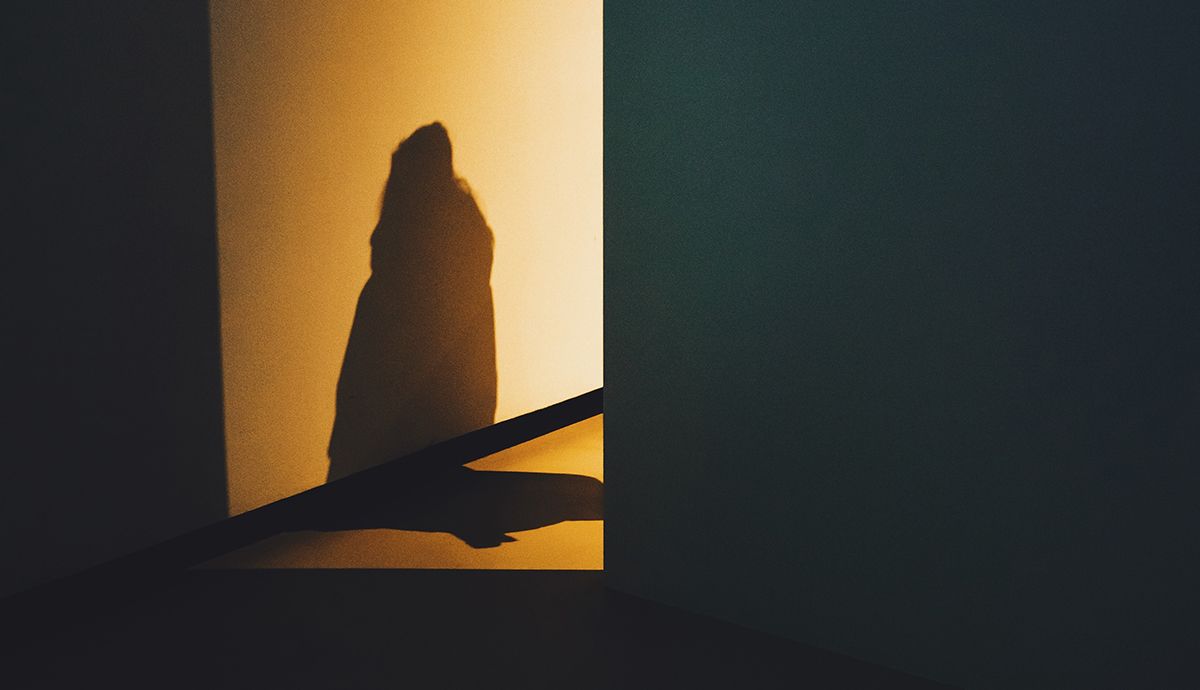Silence, Urgency, Vulnerability: Recommendations for a Writer's Life

The key components to a writing life—one would think they would be simple. A person sits down and writes. Alas, let’s admit from the outset that it’s more complicated than that. There is a life to live, and a living to earn. Thus one has a job, a family, perhaps a dog, a yard to mow, leaves to rake, a house to clean, a spiritual life to tend to. Just when will one write? How is it going to happen? I’ve written elsewhere of the necessity of a dedicated space for writing—which I finally achieved quite late in my life (late career), amazed to find that it was like a rebirth. I had never inhabited a dwelling designed for me. It released something. It was an awakening. In this blog, I want to pitch a three-part follow-up: the need for silence, a sense of urgency, and vulnerability in a writing life.
I’ve been reading Craig Morgan Teicher’s prose book We Begin in Gladness. With such an inviting title, it’s no surprise that when Teicher offers a look at the writing arcs of poets, seeing them rise with age (getting more interesting and going deeper) it happens often enough to be encouraging. A sensible and grounded person, Teicher at the beginning of his book writes that “[t]hough it seems, at first, like an art of speaking, poetry is an art of listening.” In order to listen, one needs to be able to hear.
Develop a writing habit, a schedule, and stay the course—and I say this for poets and writers of all genres. Fit writing into your work schedule by putting it first, even if it’s only for ten minutes a day, and refuse to let the trivia of daily life interfere. Does that sound harsh or impractical, maybe even improbable, especially for a woman? A woman’s role is to be complacent and amenable, understanding and flexible. Someone wants me to drive her or him to an appointment? Okay. Let me insist, kindly, that it must be otherwise. Now I say to those I live with: “Will you please try to make your appointment for late mornings or early afternoon?” I understand if it’s an emergency. I can flex with that. But 75-90% of the time, the schedule can hold. Aren’t we our own worst enemies? We get involved with something on email that needs to be resolved. Or we answer the telephone when it would be better to let it go to voice mail and solve it later. Let’s use time well: sit down in the mornings to pen some words.
I advocate silence as a catalyst for poetry and I’m recommending it to myself, too, and most strongly, because besides listening to and for poetry, one needs to cultivate the art of waiting. Something is coming. Something is about to emerge—like a hermit crab from a shell. If one’s ears are filled with chatter (of all kinds), the poem’s words and lines cannot be heard. Turn the music off. Go into a room alone. Sit, look, and watch. Be silent for a while. Be with the empty page. Don’t go rushing away out of anxiety and fear. Sit, write, and be quiet.
Silence is not something to be brushed aside or to run from—it connects to the depth of the unconscious mind that I aim to reach when writing. How do we plumb the depths? It’s not through thinking our way there, I contend. Poets follow both a sonic and an imagistic path. Both will operate better—those threads slender as a spider’s web—if there is quiet around us so the inner ear can hear. The goal? To write the poem that most needs to be written, one that must be written today.
Full admission here: I assign poem prompts to students (undergraduates at my institution), and I believe in them. Sometimes I give myself those same assignments. That said, I also want to argue against them. I want to say, let’s not hurry so much to get a poem on paper (or on the computer). Let us return to the page, come to the page ready to hear what might emerge with just a smidgen of coaxing—try wordplay, try sentence play. Stay the course even when it goes nowhere, and wait. Sit silently. Then try again. I think this is better than seizing a prompt and turning away from silence. If using a prompt, let’s try the most open variety: “Write a poem in triplet stanzas.” Or: “Write a skinny line poem in one sentence.” I believe this leaves an important openness there for the unconscious to find its way onto the page. With practice, when you hit on a promising vein, there may be an aha! moment, or not. It might be a quiet oh!—and one may not know at once, only later, that truly, this is the start of a poem.
I want to get to the deepest place, the sorest spot, the most troubled place, and find words to express these spaces. To me, this is urgency. What is the brilliant quotation from C. D. Wright? “Poetry is a necessity of life,” Wright said. “It is a function of poetry to locate those zones inside us that would be free, and declare them so.” How does a writer cultivate an openness to what hurts? A few ways come to mind. Locate it in other poems, by other poets. How do they seem to do it?
As for vulnerability, I’ve been reading the two last books of poems by the late Tony Hoagland. I detect a couple of methods he uses—both humor and juxtaposition. Rather than staying on a subject, say, the subject that is triggering the poem (re: Richard Hugo’s book The Triggering Town), veer off the subject. In the gap, collision space, what you will, between A and B, open a space where the armor gapes and a tender spot is revealed. For examples, read Hoagland’s work in Recent Changes in the Vernacular (2017, Tres Chicas Books) and Priest Turned Therapist Treats Fear of God (2018, Graywolf). Hoagland was facing death and used its imminence to fuel an even greater than usual frankness in his poems. This is impressive work!
The time you spend thinking through and developing your writerly habits are well worth it. As we begin a new year, make some resolutions and include these three: to cultivate silence, urgency, and vulnerability. Trust me, this will be time well spent.
Illustration by: Matt Manley. Matt has been working as a freelance illustrator for over twenty years. His illustration is primarily figurative and symbolic with surrealist leanings, and past client work includes editorial, corporate, medical, book, and higher education. Though in the end his work is technically digital collage, the process integrates both traditional and digital media.
Recommended
Nor’easter
Post-Op Appointment With My Father
Cedar Valley Youth Poet Laureate | Fall 2024 Workshop






